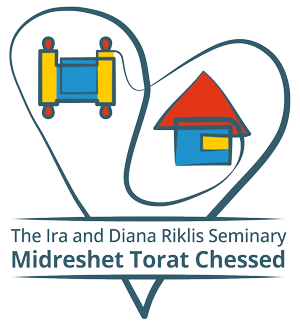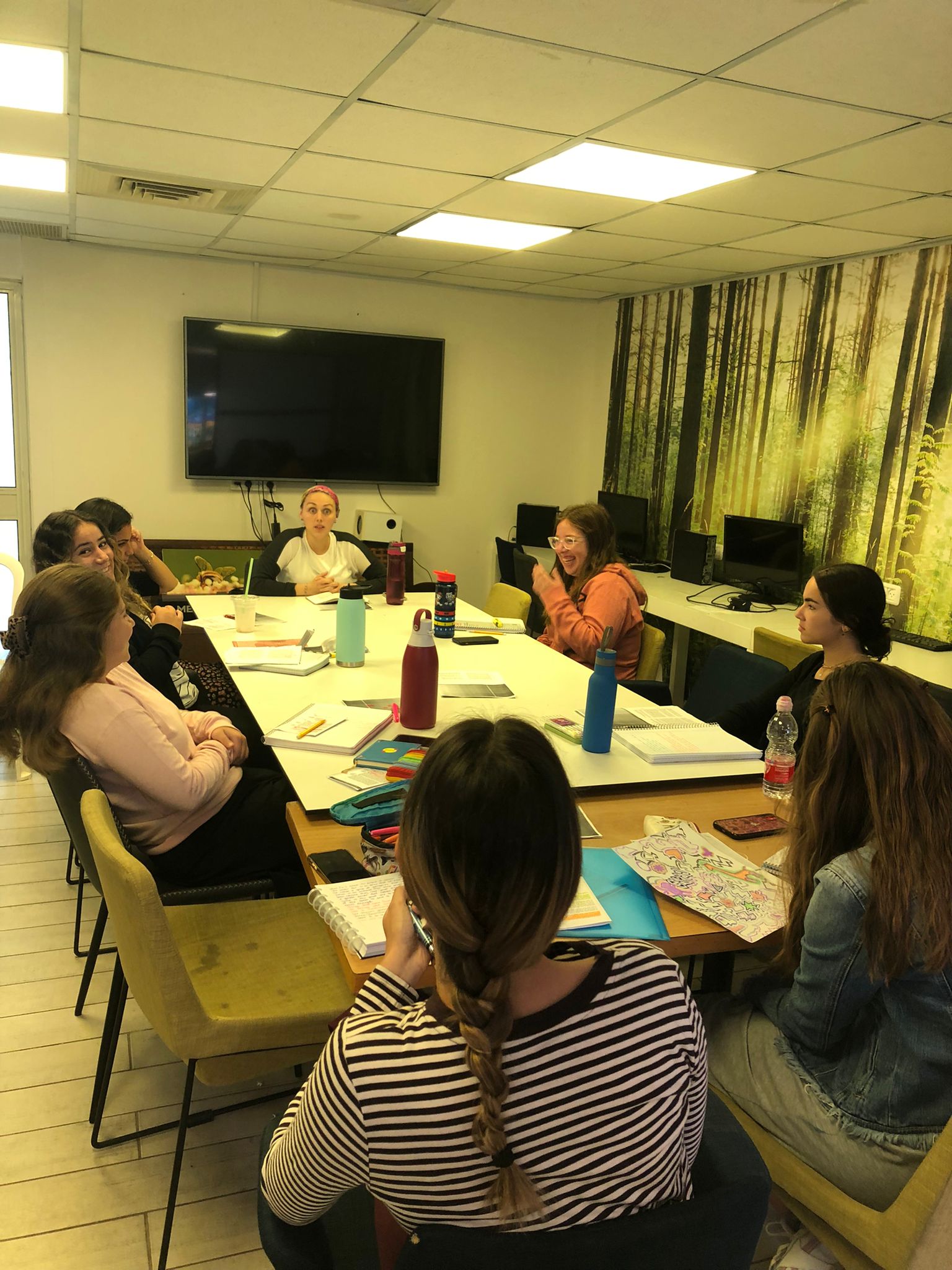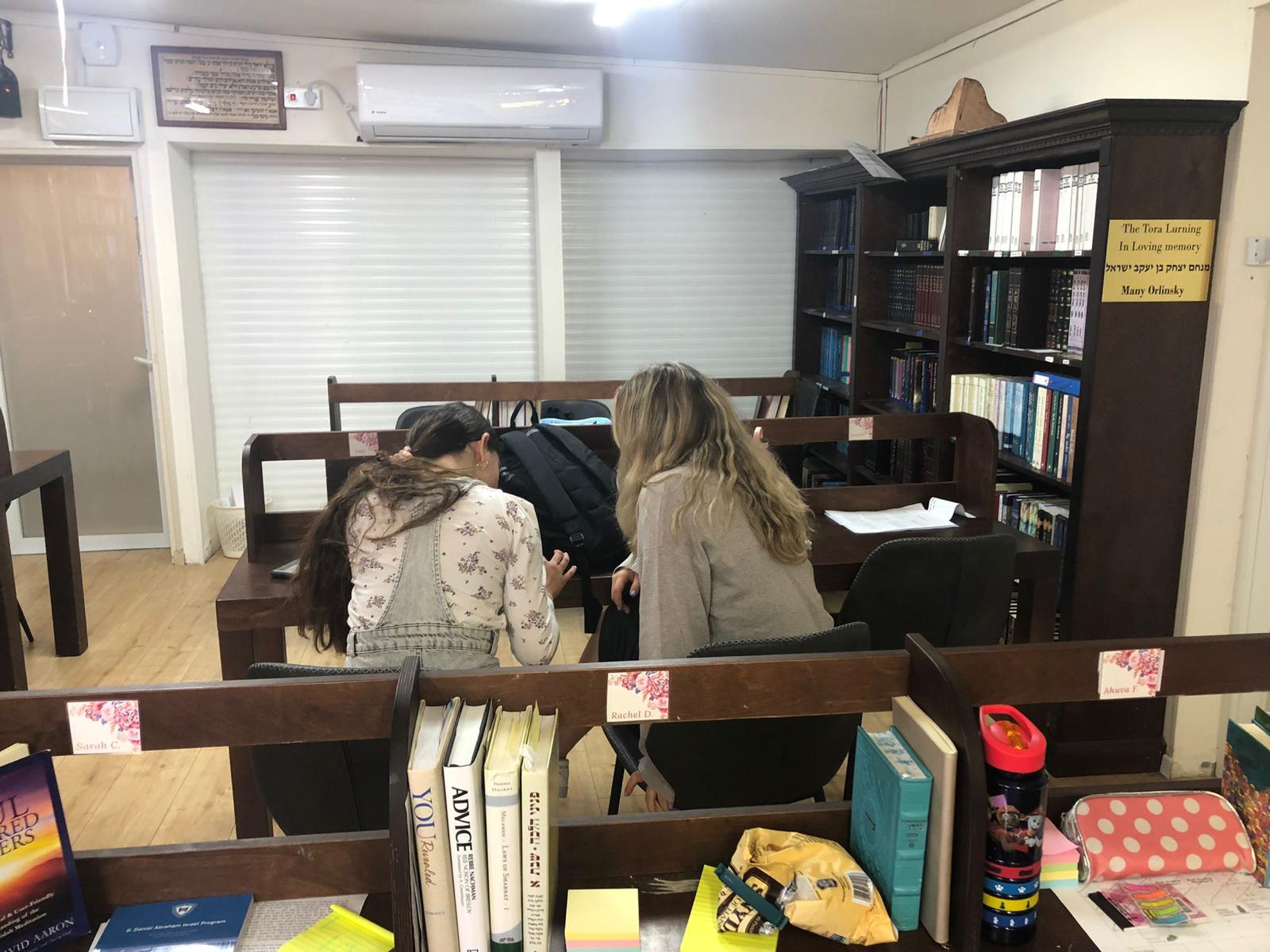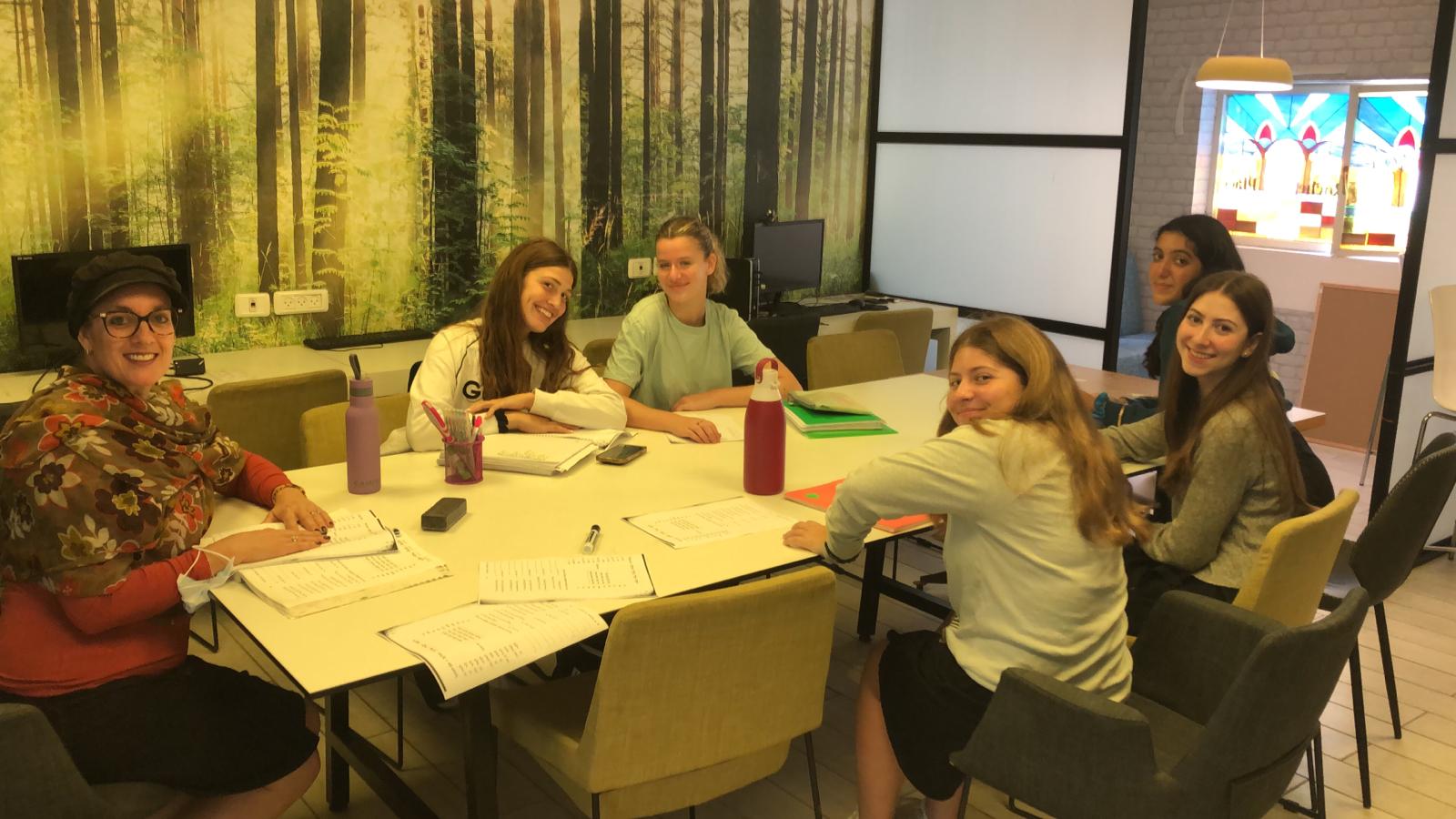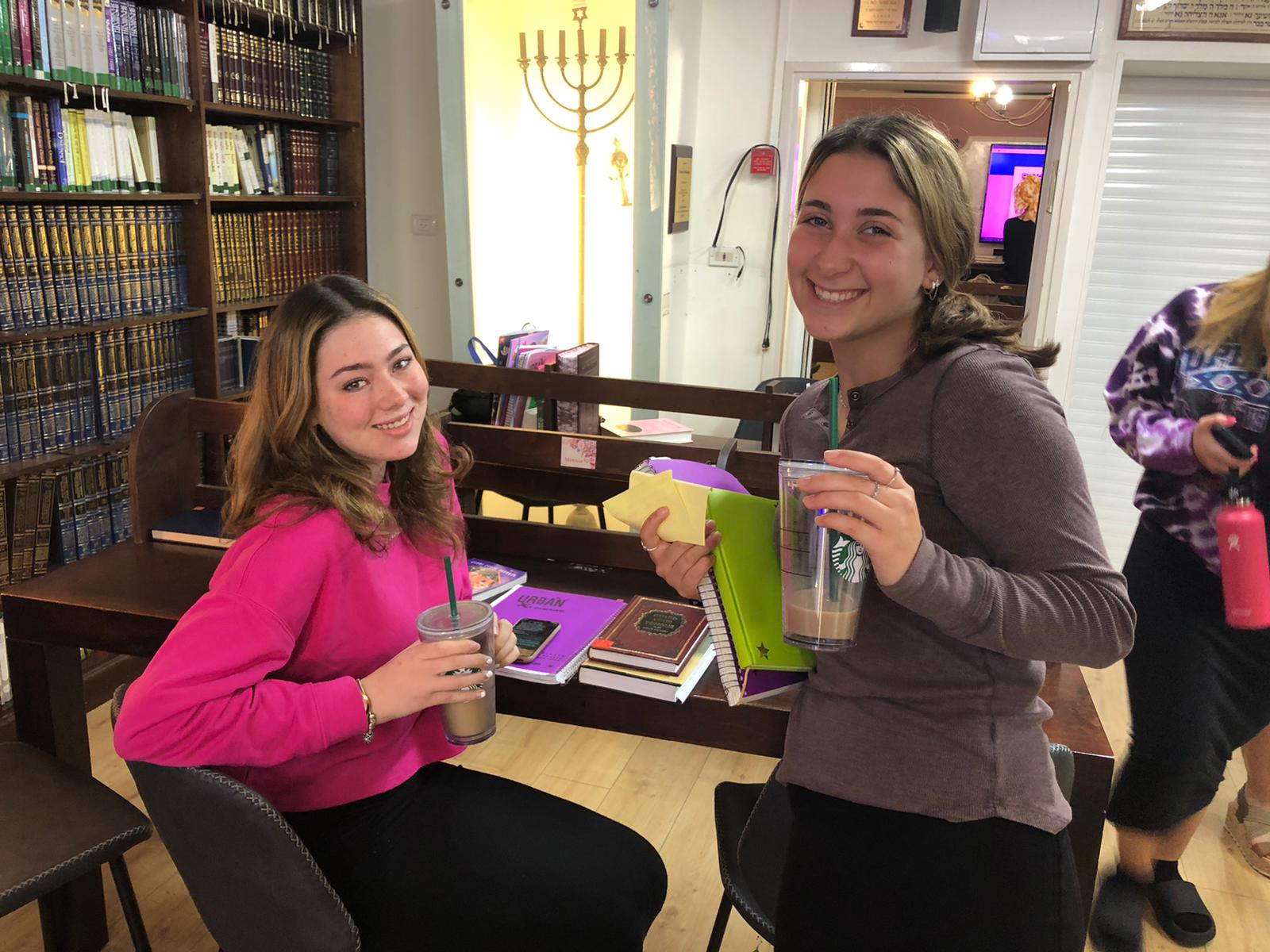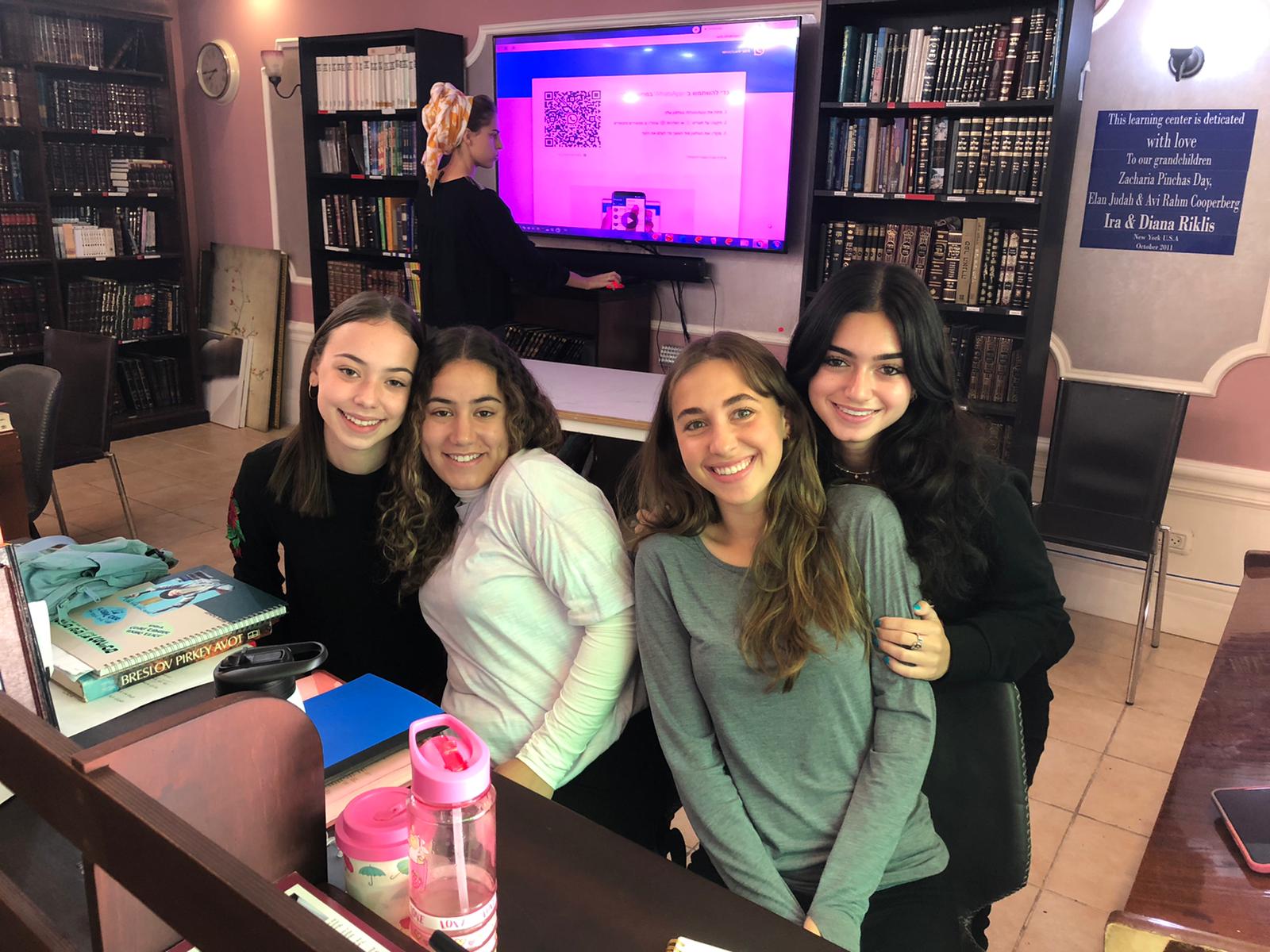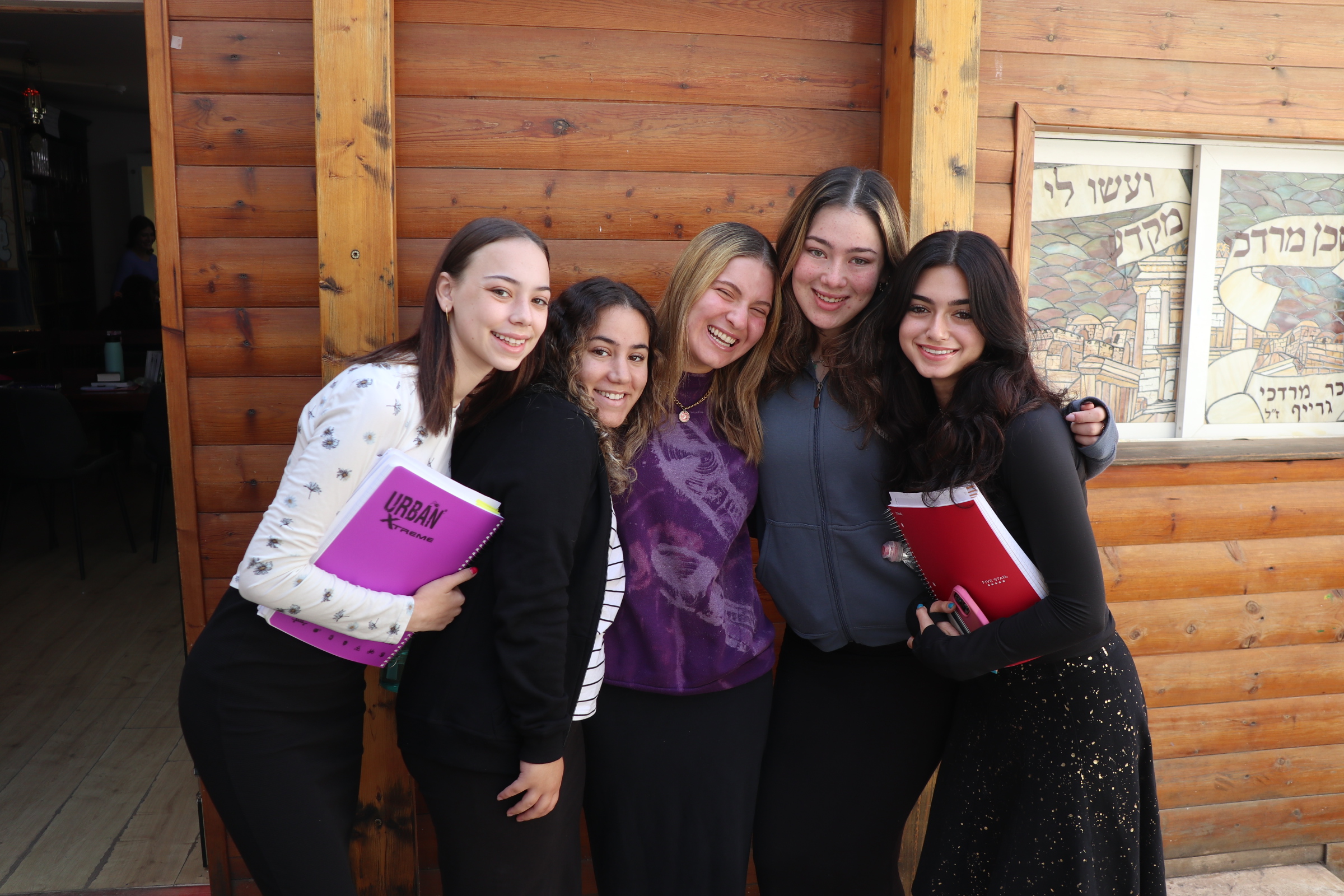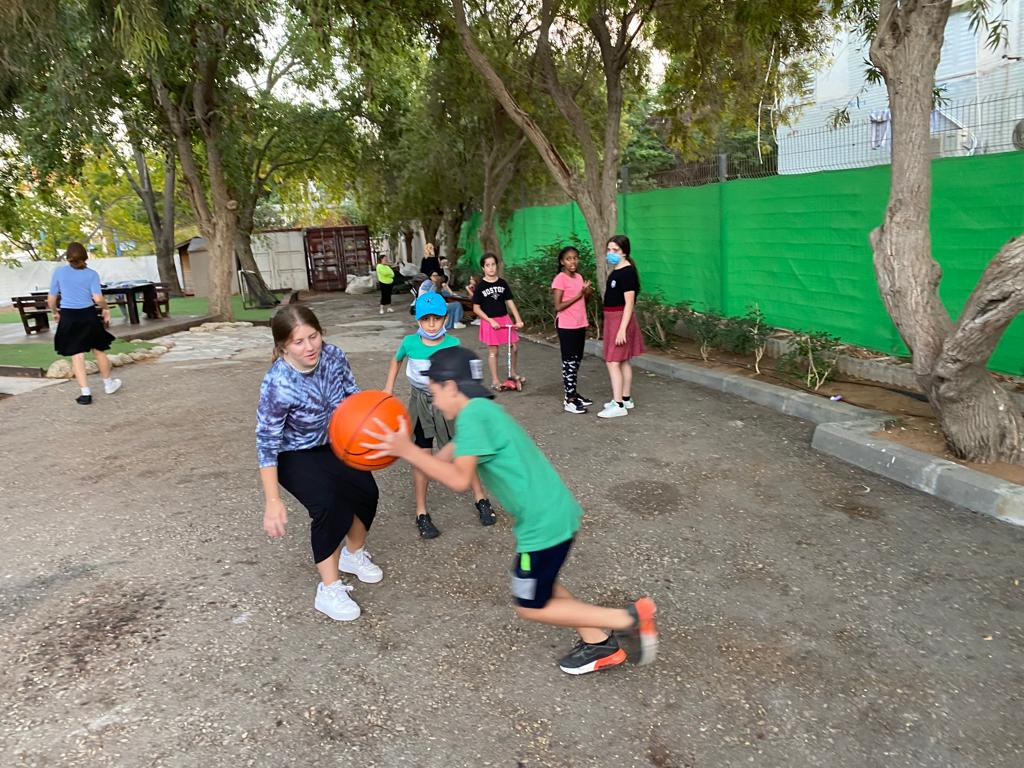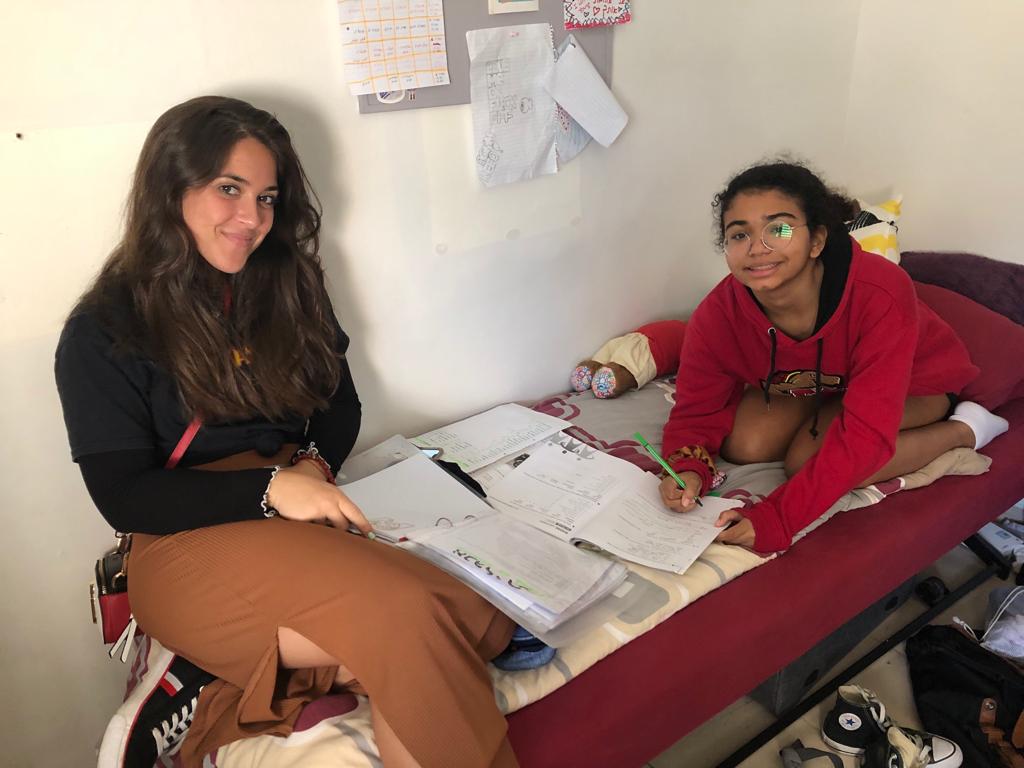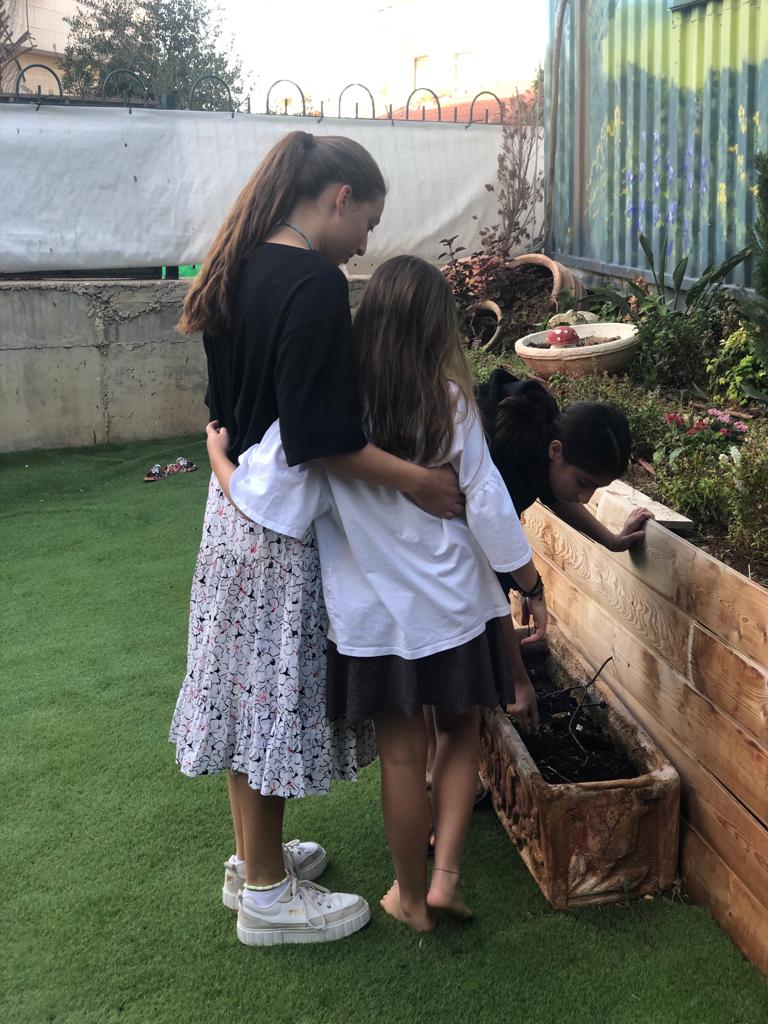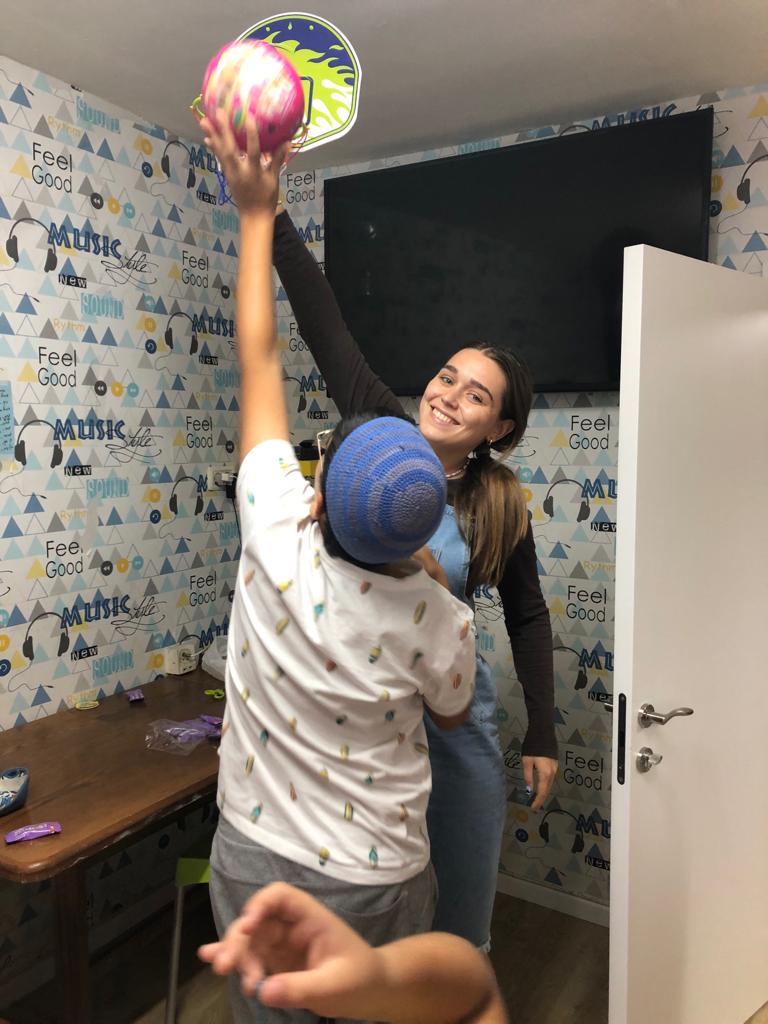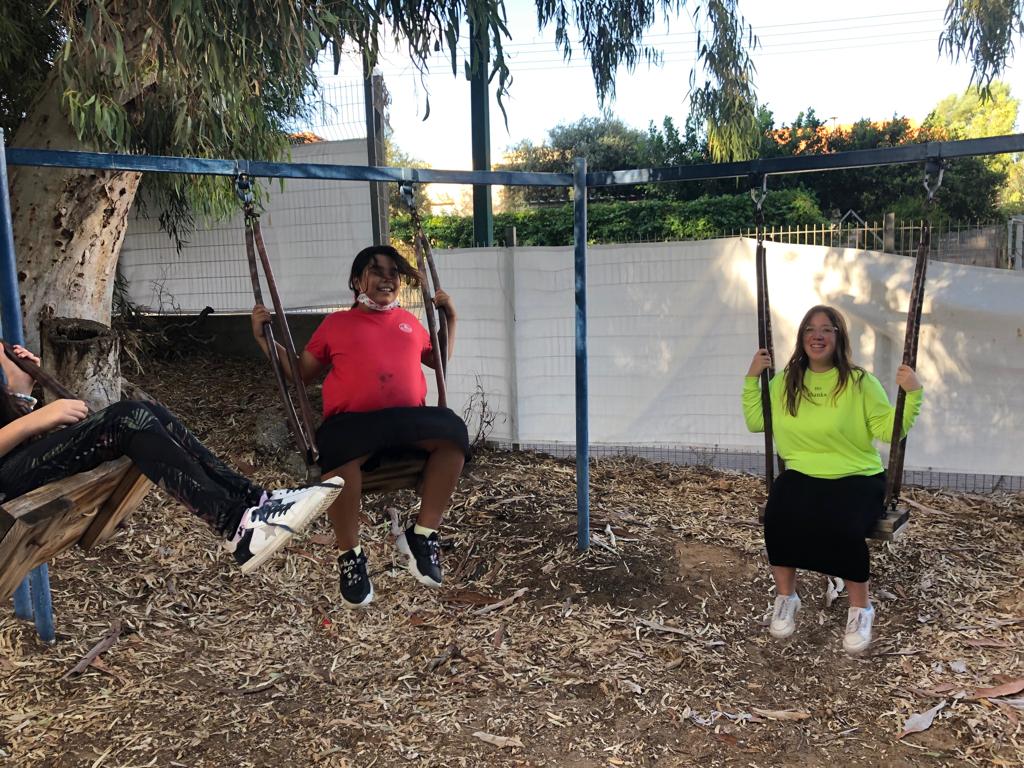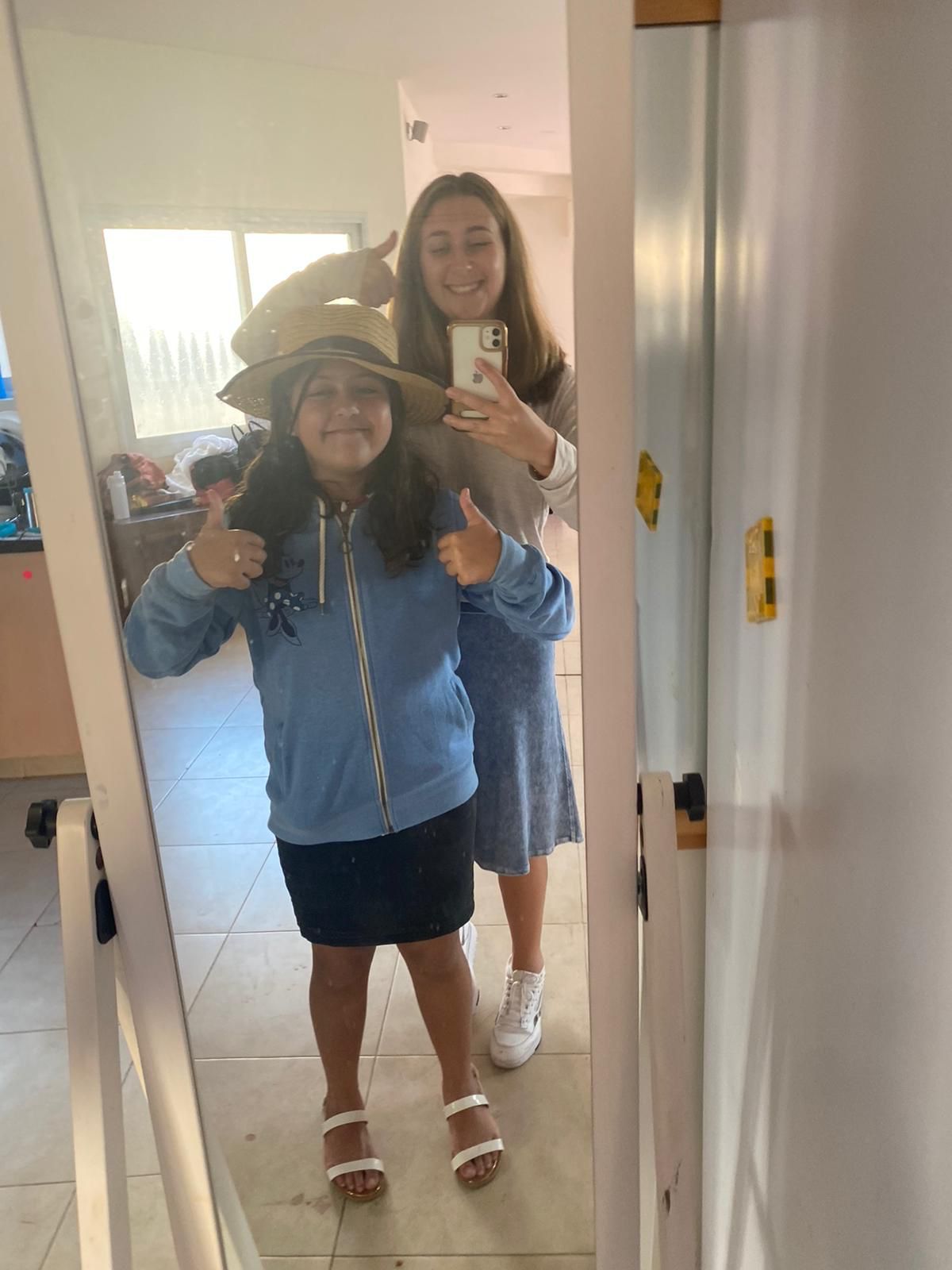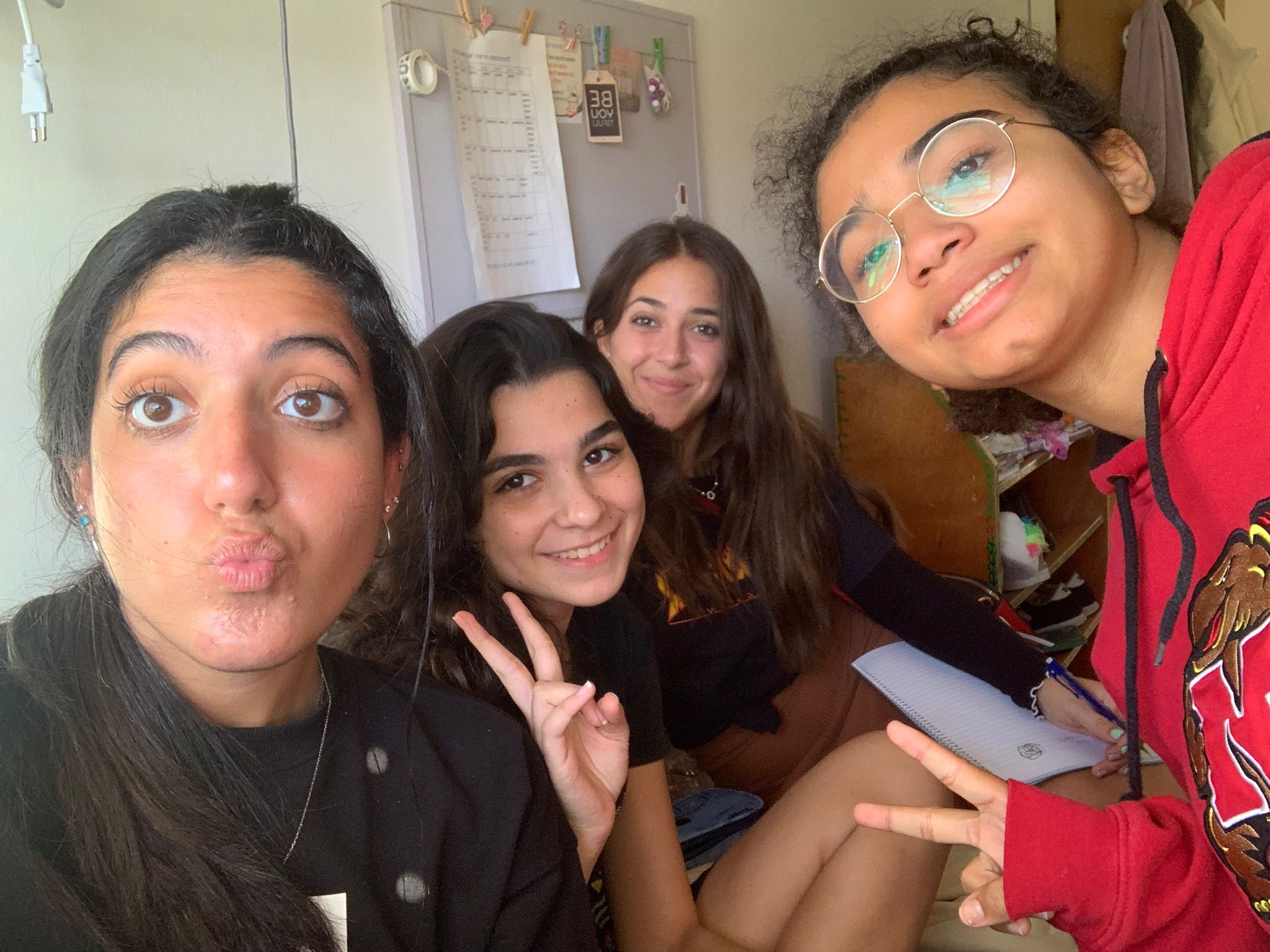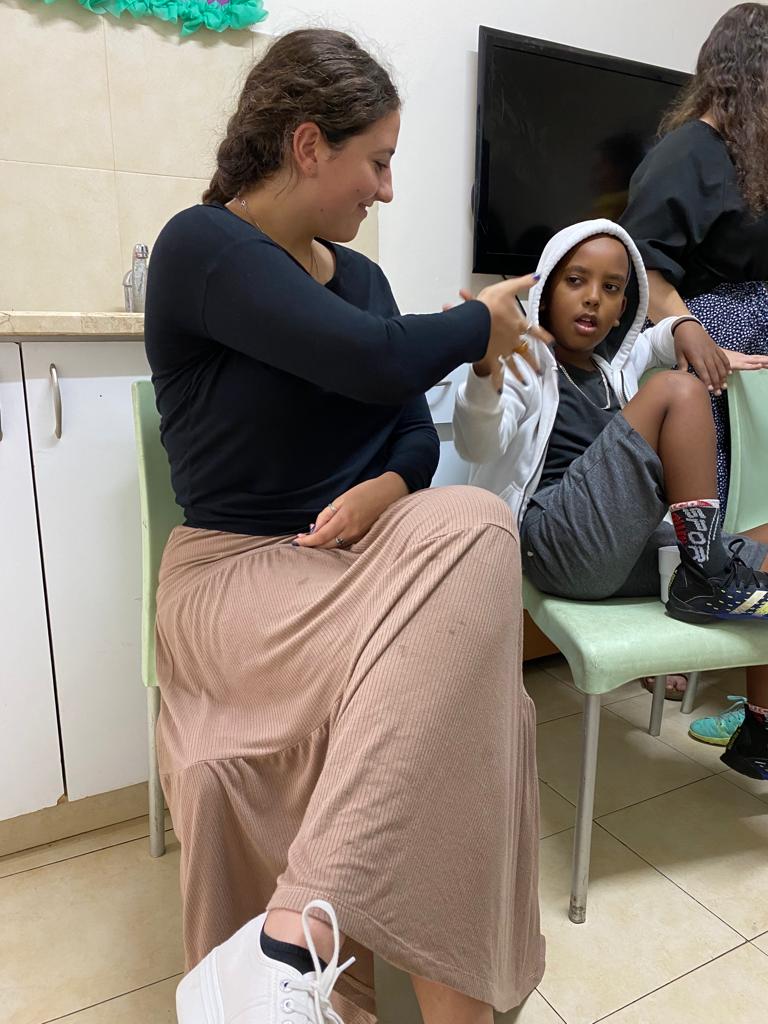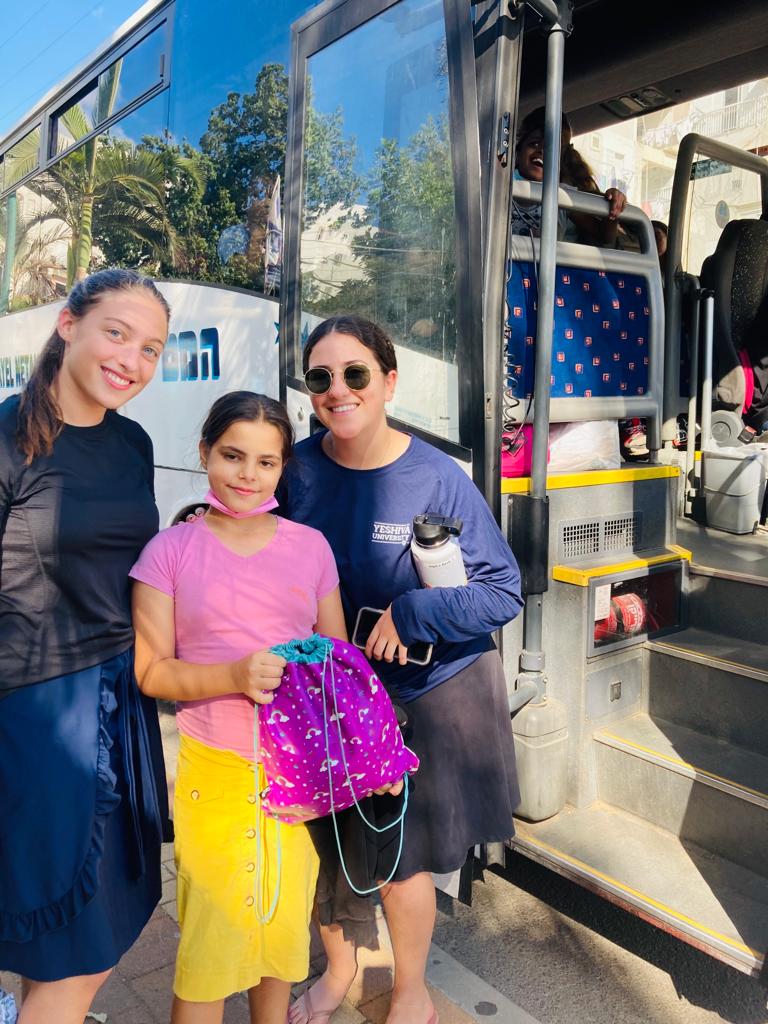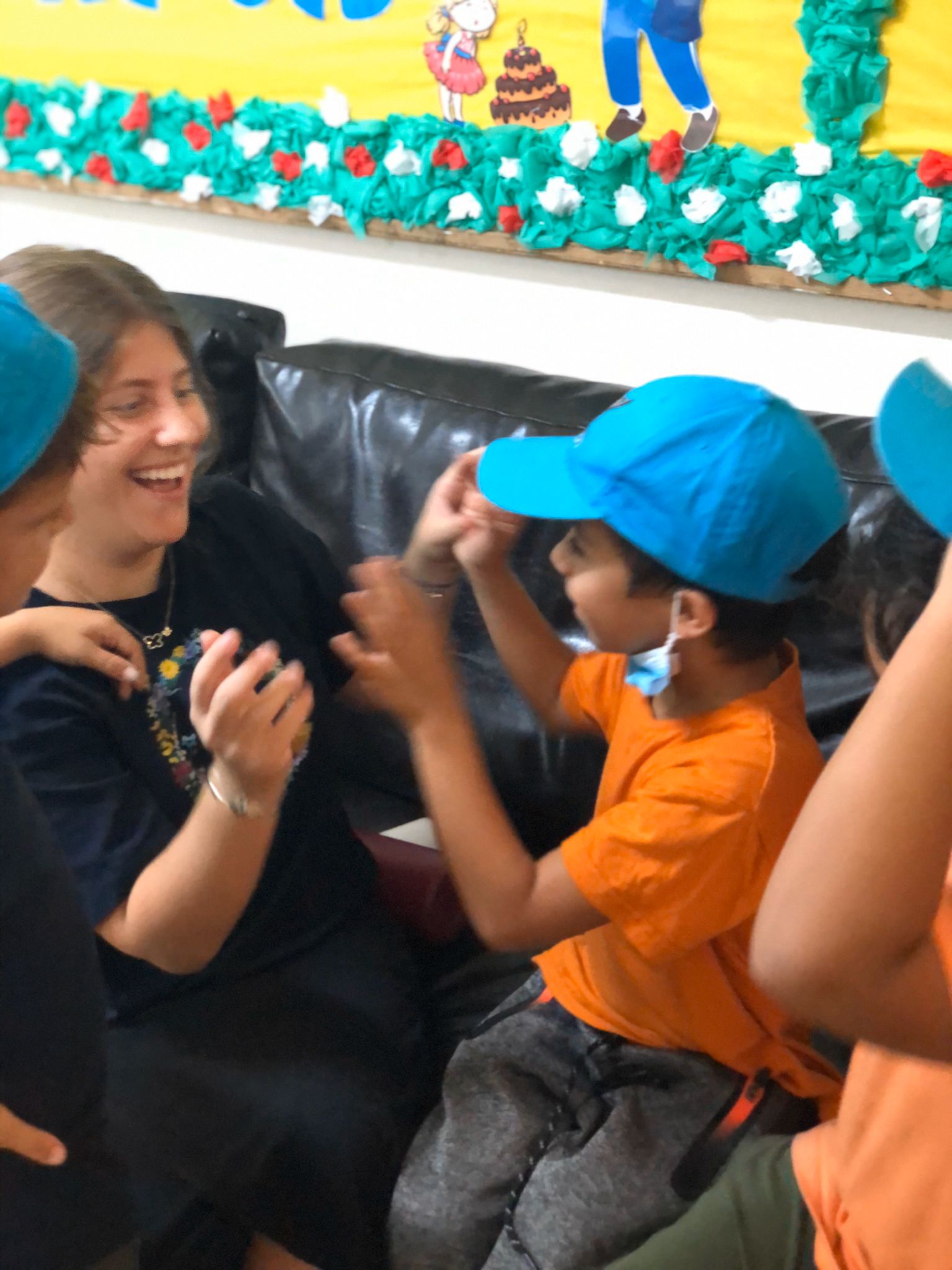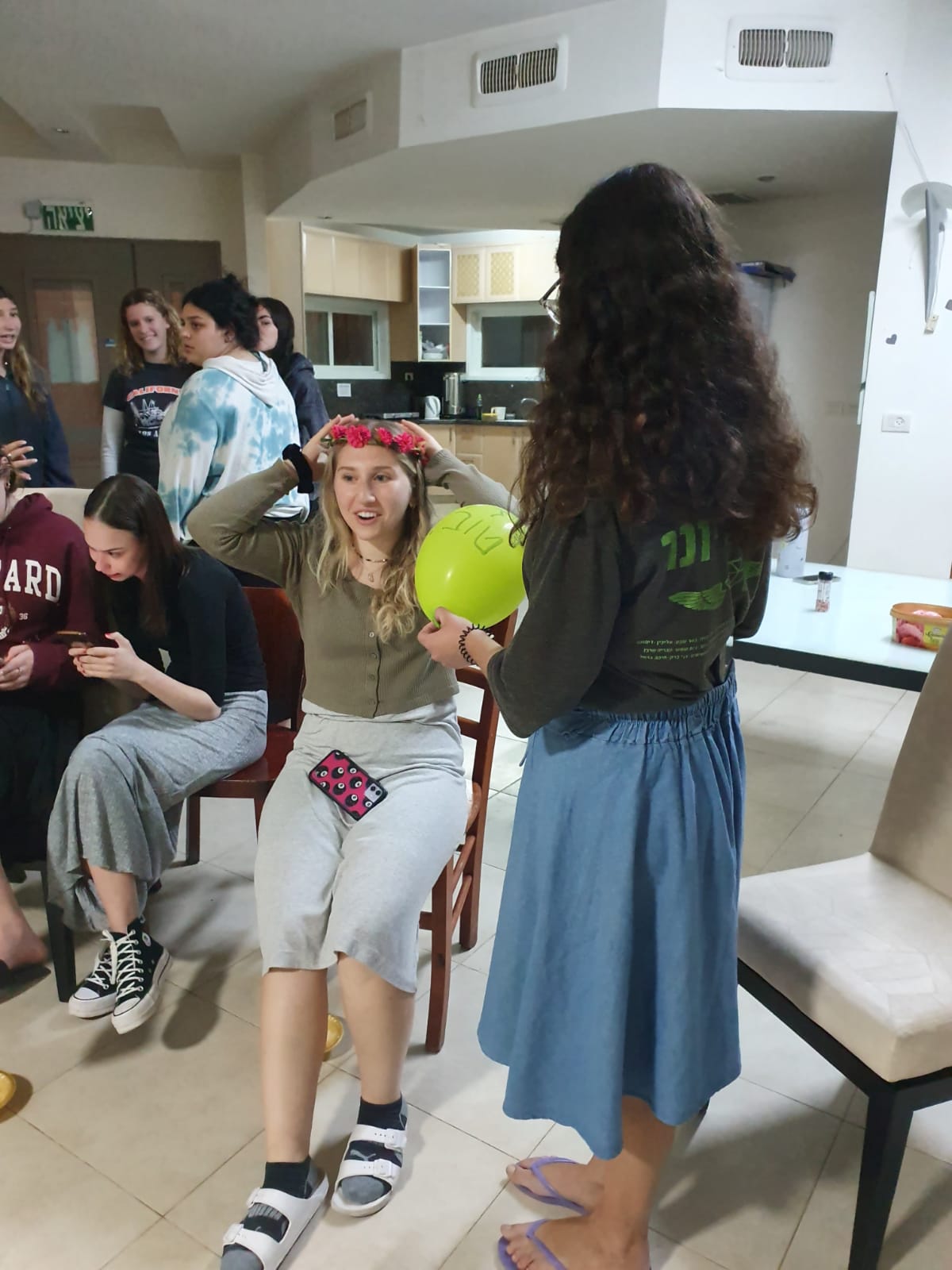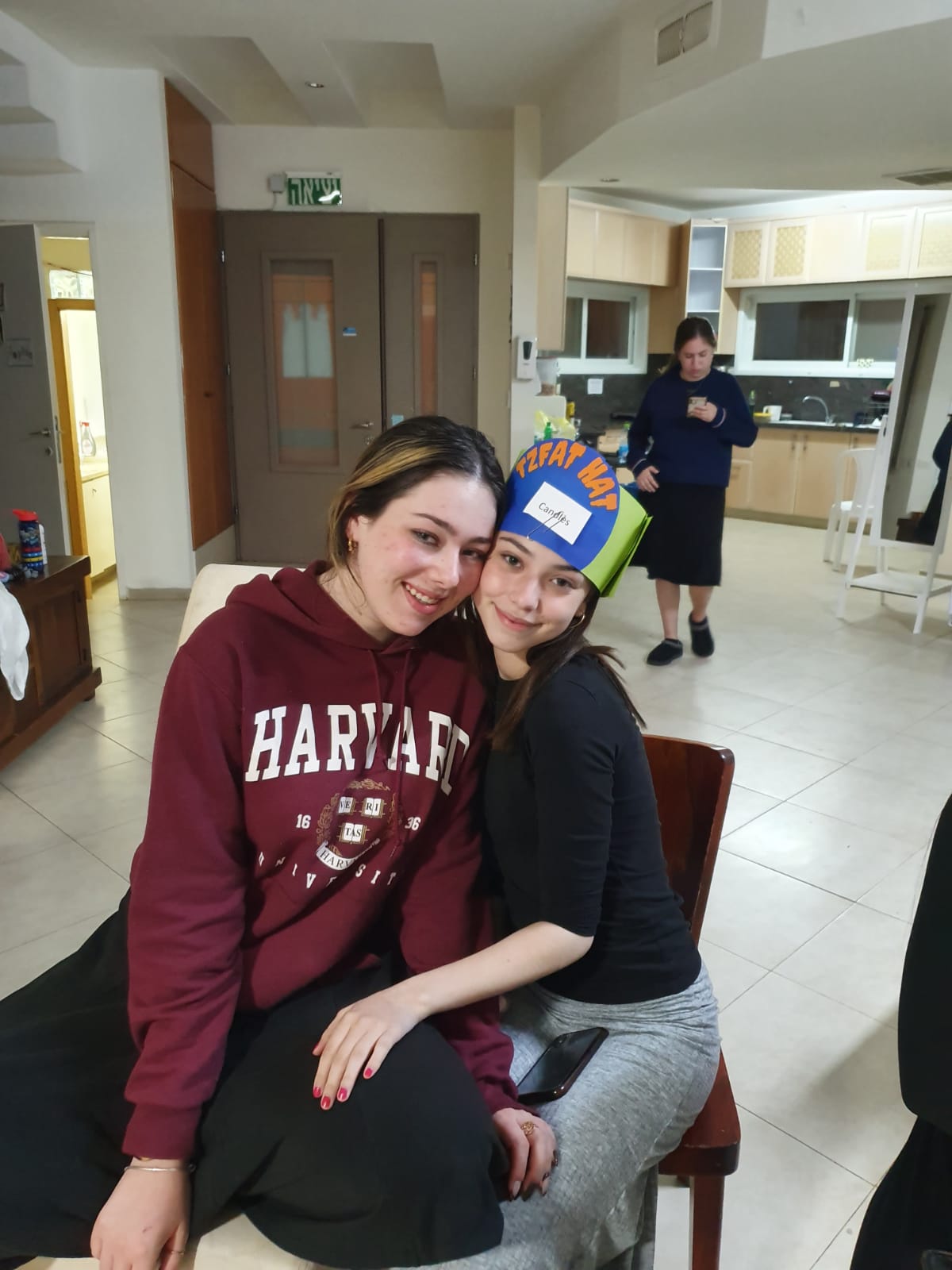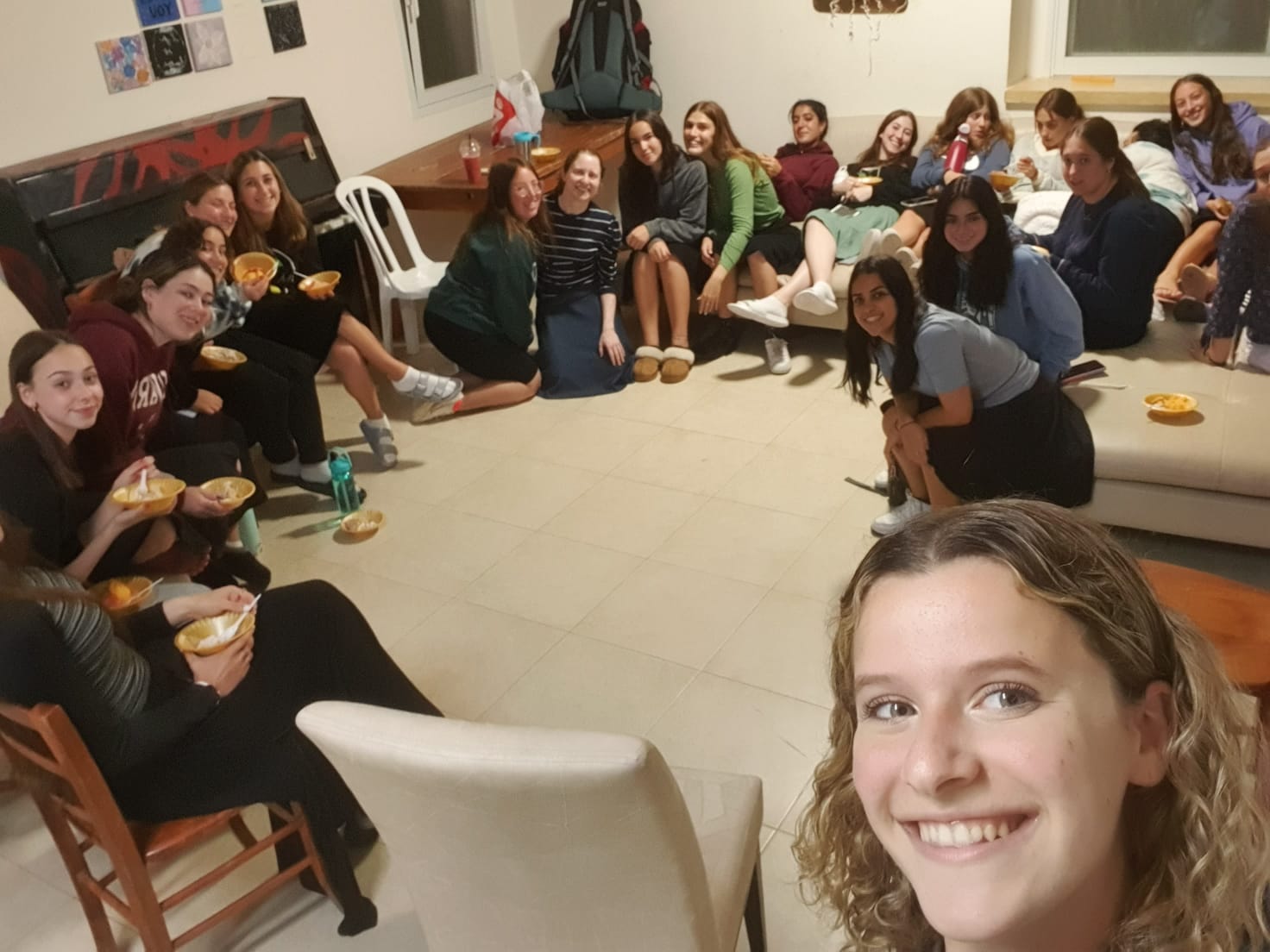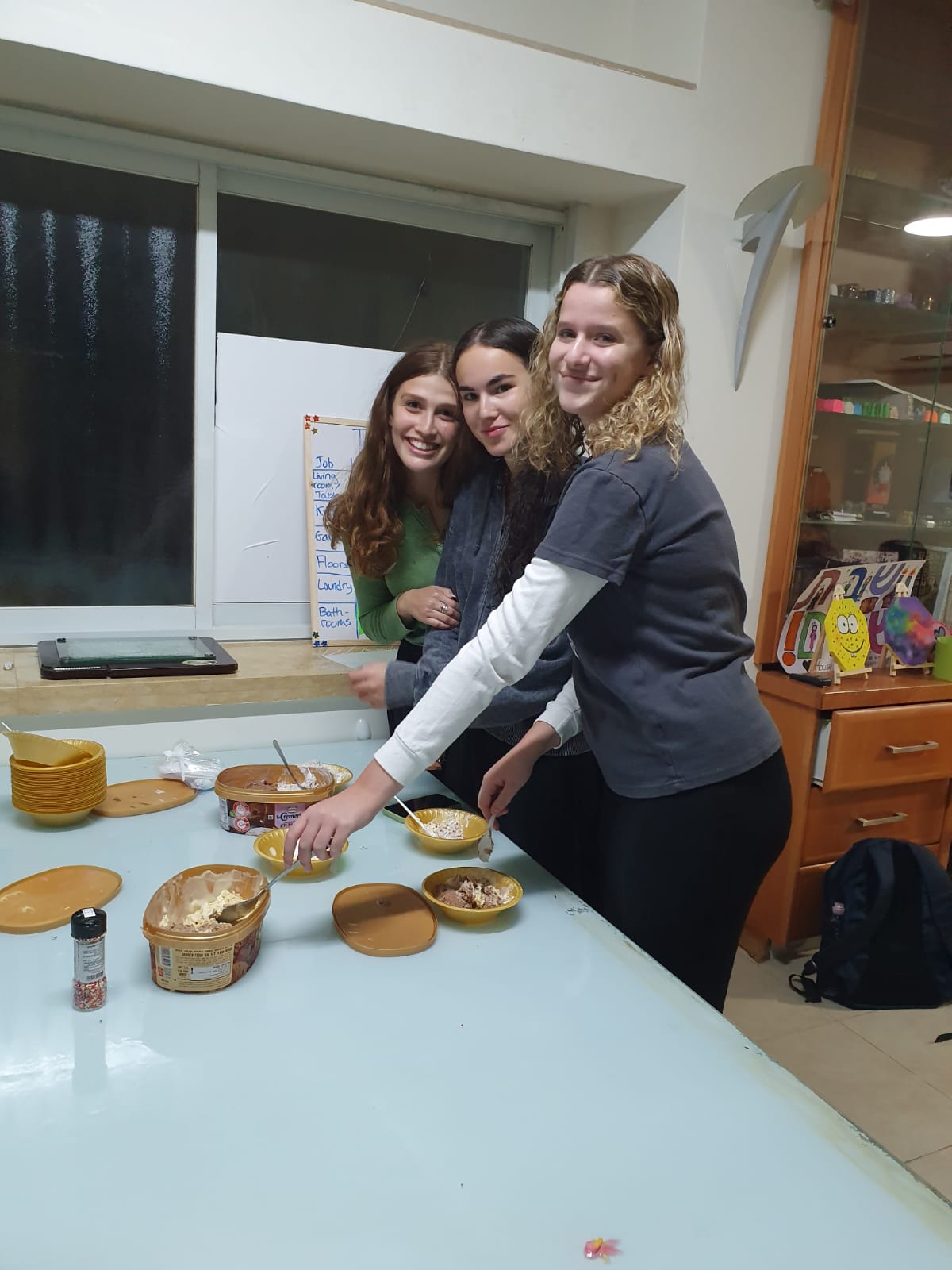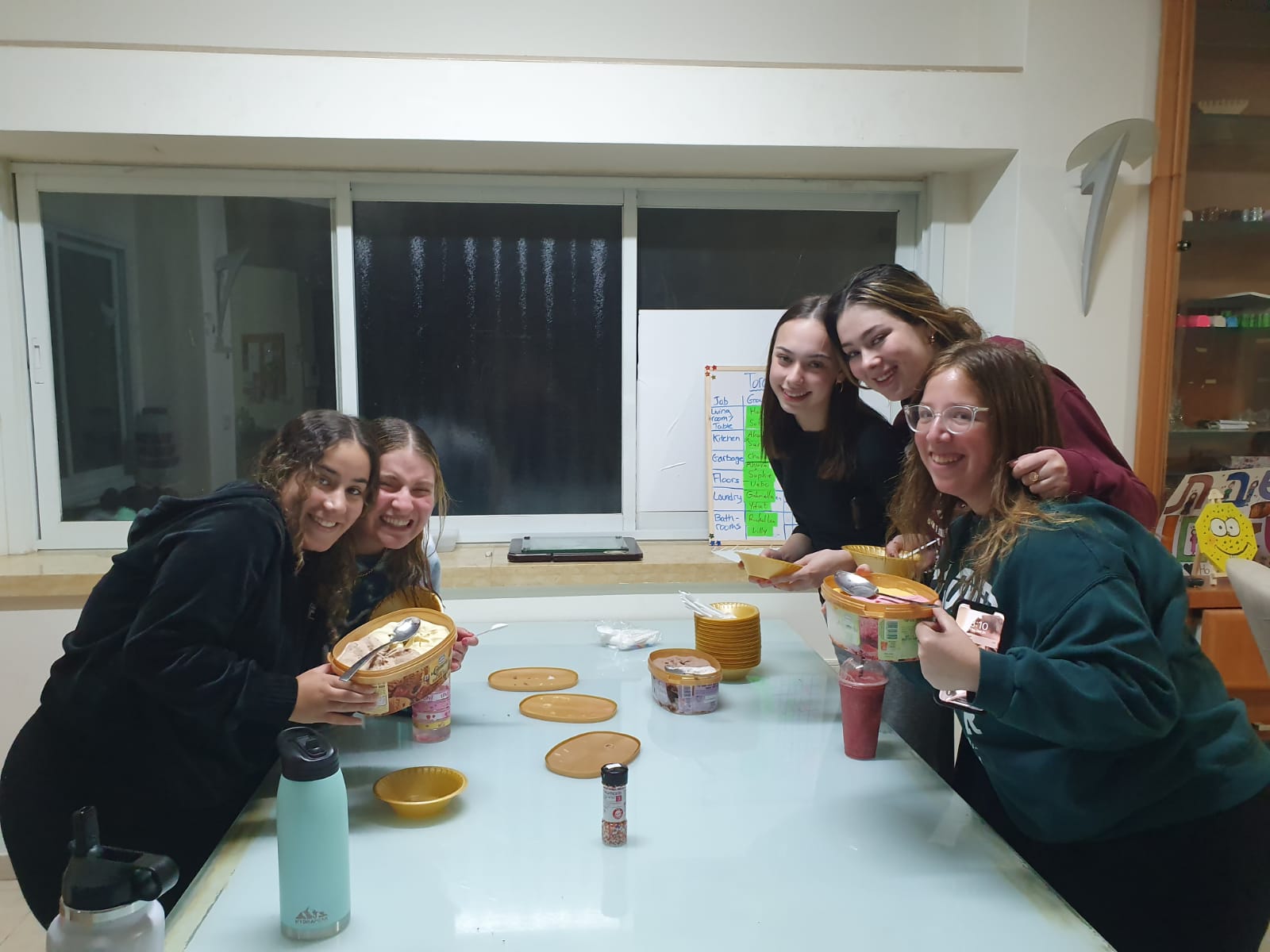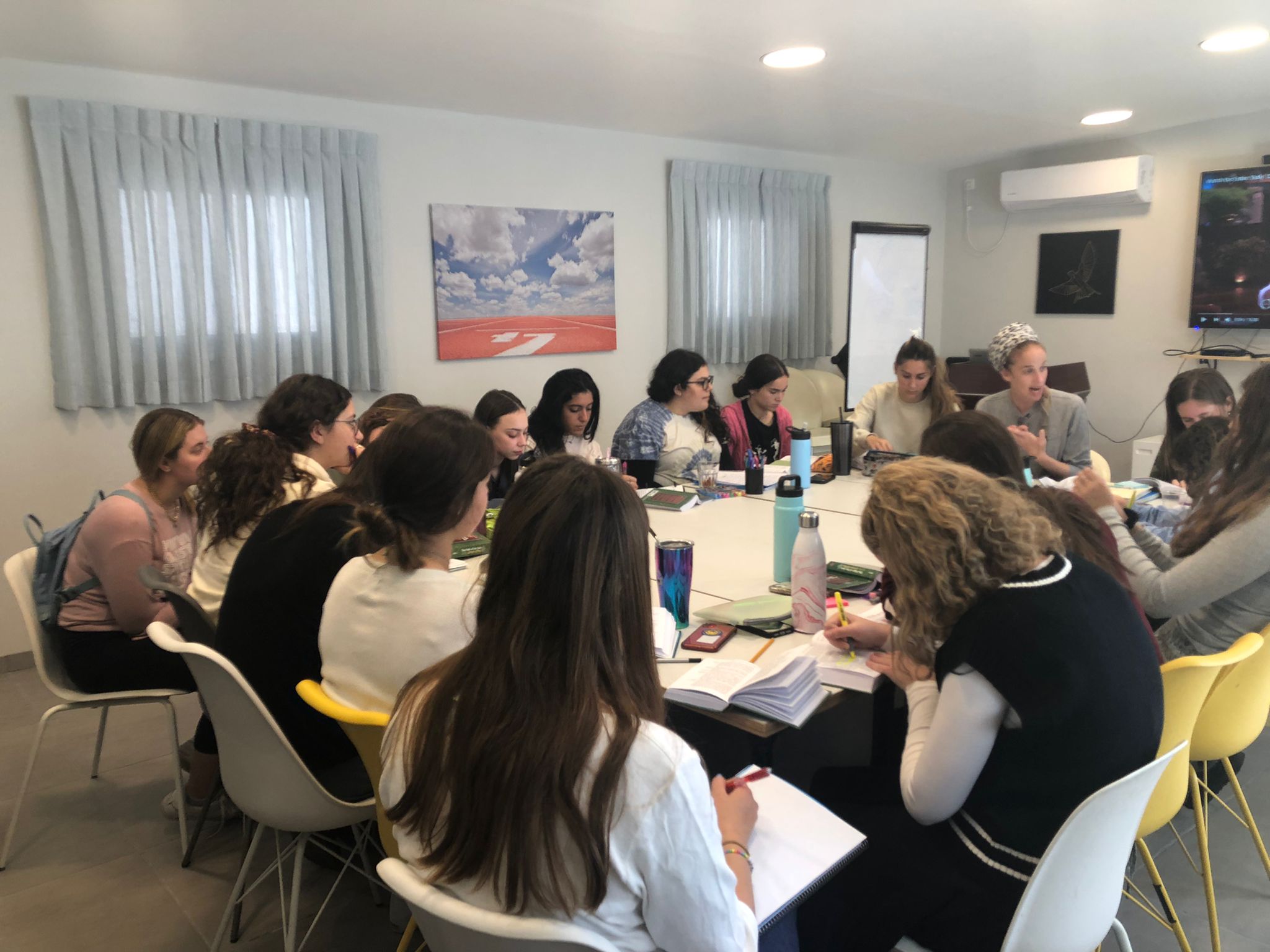
22 Oct MTC Highlights: Parshat Vayera

Dvar Torah by Rabbi Avi Block - Educator
Parshat Vayera
The opening scenes of Parashat VaYeira are well known. But a closer look at the sequence of these events presents an interesting question.
To begin with a quick summary: Avraham sees three men approaching; he pleads with them to be his guests and, when they agree, he and Sara prepare for them a lavish feast (Breishit 18:1-8). The guests inquire about Sara and predict that she will give birth to a child within the year after which Sara’s mirthful reaction to hearing this news is noted by God as some form of doubt about its truth (18:9-15). After the guests leave, God deliberates and then chooses to disclose to Avraham his intention to destroy the wicked city of Sodom (18:16-21). After the disclosure, Avraham confronts God, and, challenging the justness of the punishment, argues that the presence of any meaningful number of tzadikim should automatically make the collective destruction of the city impossible (18:22-32). This sequence of events is of course followed by the angels visiting Lot and the rescuing of his family at the last moment before the destruction of the city occurs.
When looking at this sequencing, an oddity seems to arise in the text. God’s disclosure about his plans for Sodom follows the prediction of the mysterious guests, Sara’s reaction, and the response to that reaction. It would seem that the guests should then be exiting the stage before the debate about the fate of Sodom – and, in fact, that’s what it seems we have read (“The men set out from there…while Avraham walked with them to see them off” [18:16]). But after God decides to tell Avraham of his plans, we again see them leave (“The men went on from there to Sodom, while Avraham remained standing before the Lord” [18:22]). These guests – whom the text eventually refers to as angels (19:1) – are clearly connected to the fate of Sodom as perek 19 shows in detail, but why is their involvement with Sodom connected to Avraham and his advocacy for the city? Put more simply, the text starts to tell us the guests are leaving, we assume they’ve left, we read about God choosing to tell Avraham of his plans and then we suddenly discover that they haven’t left at all. The only link between Avraham and Sara’s soon-to-arrive child and the destruction of Sodom is these men/angels that are involved in both. Why is it that the text seems to emphasize that connection? What connection could there possibly be between the two?
A teacher of mine once proposed a beautiful suggestion to explain this sequence. With Avraham receiving the news about the birth of his long-awaited child, after a lifetime of waiting, he finally entered the world of parenthood. My teacher suggested that, in parenthood, there is one character trait that is demanded above any other – patience. Each person is unique and the raising of every child brings challenges for which patience is essential. With Avraham entering the world of parenthood, he suddenly found himself newly endowed with a store of this trait that had not previously been accessed. And it is only a person of deep and abiding patience that could find the motivation and passion to advocate for the most wicked among us. The nuances of the text seem to push more closely together these two stories – and it is perhaps the exceptional patience of Avraham – rooted in the parenthood that he will finally experience – that explains his defense of any and all people. May we all merit the patience and commitment of Avraham Avinu in seeing the good and the potential in everyone around us.
Shabbat Shalom.

Student Reflection
Rachel Debora - Frisch, NJ - New York, NY
When one thinks about coming to Israel, one often thinks about going to Jerusalem over many places in Israel. MTC is a one of a kind program and it’s located in a unique place in Israel, Netanya. Due to its unique nature every week one has here is unique and none comparable to past and present weeks.
This was our first week with our finalized schedules for the semester and it’s been going amazingly. All the teachers are so open to having chavrutas which helps you build a closer relationship with them. The nicest part is how we learn in the mornings and then we can take things we’ve learnt and incorporate it into the chessed we do with the kids from Beit Elazraki.
Seeing my kids is the highlight of my day. Working to form long lasting connections is a hard process and takes time and patience. The small good moments you have with them have the ability to change the way your day is going. So far it’s been difficult to fully connect with them, one reason being the language barrier, but the language barrier has also been the thing that has created the most laughs. What I have to tell myself is to start with the little moments in hopes that those moments turn into something greater.


